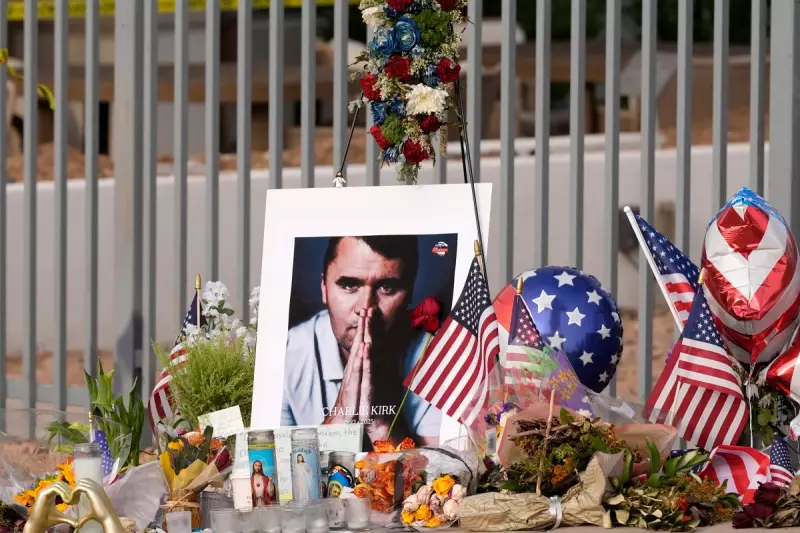
The memorial service for Charlie Kirk, the influential and often polarising founder of the conservative youth group Turning Point USA, transformed into a significant political gathering, highlighting his profound impact on the American right.
Held in a packed venue, the event served as both a farewell and a potent display of conservative unity. The atmosphere was charged, blending personal mourning with overt political messaging—a reflection of Kirk's own approach to activism.
A Who's Who of Conservative America
The guest list read like a roll call of the modern conservative movement's most prominent voices. High-profile figures, including former President Donald Trump, were in attendance, offering eulogies that celebrated Kirk's political legacy as much as his personal character.
Their speeches frequently veered into the political rhetoric that defined Kirk's career, framing his life's work as a crucial battle for the soul of the nation against progressive ideologies.
A Service or a Political Rally?
The line between memorial and political rally appeared notably blurred. The service was punctuated by standing ovations for Kirk's ideological battles, making it clear that for many attendees, his passing was not just the loss of a man but of a formidable warrior in a ongoing cultural war.
This tone has drawn criticism from commentators outside conservative circles, who questioned the appropriateness of such a partisan atmosphere at a funeral. Supporters, however, argued it was a fitting tribute to a man who dedicated his life to his political convictions.
The Legacy of a Political Firebrand
Charlie Kirk rose to prominence as a staunch advocate for conservative values on college campuses across America. Through Turning Point USA, he mobilised a generation of young Republicans, making him a beloved figure on the right and a controversial one on the left.
His memorial service, therefore, was never going to be a quiet, apolitical affair. It ultimately stood as a testament to his success in building a powerful movement and his enduring status as a symbol of modern American conservatism.






